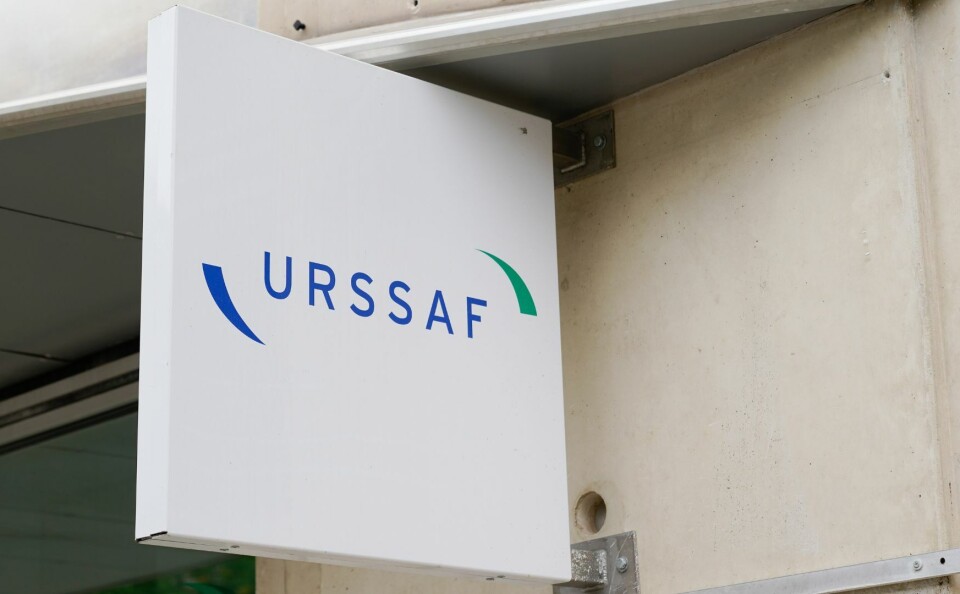-
Many Société Générale customers to be charged additional fees from April
There is some good news for international banking and instant transfers, however
-
When must a bank reimburse a customer scam victim in France?
Reimbursement can depend on whether the customer has been ‘negligent’
-
VAT on small businesses: French MPs call for no reduction in threshold
Plans to lower the threshold to €25,000 would hurt micro-entrepreneurs and ‘massively destroy activity and wealth’ say critics
Self-employed status in France must be on invoices and bank accounts
Urssaf says independent workers can only benefit from new legal protection if status is on work-related documents

Independent workers must start putting the note entrepreneur individual, or the initials EI, on all invoices and work-related documents, Urssaf, the body that collects social security and health contributions from most of them, has said.
Bank accounts used only for business by self-employed people must also have the note.
Read more: Urssaf - French social security contributions agency hit by scammers
Mixed message from one bank
Independent workers who earn more than €10,000 in two consecutive years must have a dedicated bank account, separate from their personal account.
This does not have to be a professional account, and can be a second personal one, Urssaf told The Connexion.
However, reader Carmel O’Connell said some of the people she worked with had been told by their branch of Crédit Agricole that they could only have EI mentioned if they had separate, much more expensive, business accounts.
Personal account problems
Fanny Cornette, whose YouTube channel ABCJuris advises independent workers, said most banks are refusing to add EI to personal accounts.
Some are also offering microentrepreneur accounts, which cost slightly less.
The EI change comes as part of the new package of laws designed to protect the personal assets of independent workers if they get into financial trouble through their business.
Read more: Self-employed in France get new law to protect home if business fails
“We are seeing [banks] make the leap to say the law obliges people to have a separate account, but this is false,”
Ms Cornette told The Connexion Urssaf confirmed that accounts which are used for both professional and personal purposes do not require the EI note.
Mixed private and business accounts are still authorised for those under the €10,000 threshold, but this means forfeiting the new protections.
New law separates personal and professional assets
Around 3.6 million people were automatically transferred to the new status, which covers artisans, shopkeepers, microentrepreneurs, liberal professionals and farmers.
They now legally have two different patrimoines instead of the one merging personal and professional patrimoines which existed before.
A new article in the Code de Commerce defines patrimoine professionnel as the goods and property exclusively used for independent professional reasons, and the debts owed for social contributions which became active when the activity was first registered.
For patrimoine personnel, the definition is not so clear-cut.
Personal assets are safe if business fails
Under existing laws, the home can be declared off limits to debt collectors through a registered declaration.
The new law will extend this right automatically, and includes personal property or properties, furniture, a car, shares or other assets, or money placed in personal bank accounts.
Where personal possessions such as a car, a computer, or even office equipment in a second home are sometimes used for professional purposes, the lines get fuzzier and it is likely that banks will be able to argue a case for their liquidation.
Tax debts will still be collected
There are two notable exceptions to the separation of the personal and professional.
The first concerns social security contributions and tax debts.
These remain in the professional category, unless there is evidence of fraud, or if amounts owed are outstanding – for example, if Urssaf charges have not been paid while a business was still operating.
Trésor public collectors will be able to mix the two patrimoines to recover income tax, social security charges and property tax.
The second exception is if an independent worker voluntarily gives up the right to separate the business and the personal, before a notaire, in order to borrow more money from a bank than they would otherwise get.
Related articles
A guide to micro-entrepreneurs in France
Can I sell my micro-entreprise business in France?
Can self-employed workers in France diversify from stated activity?
























